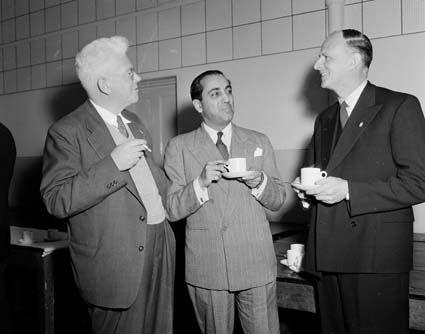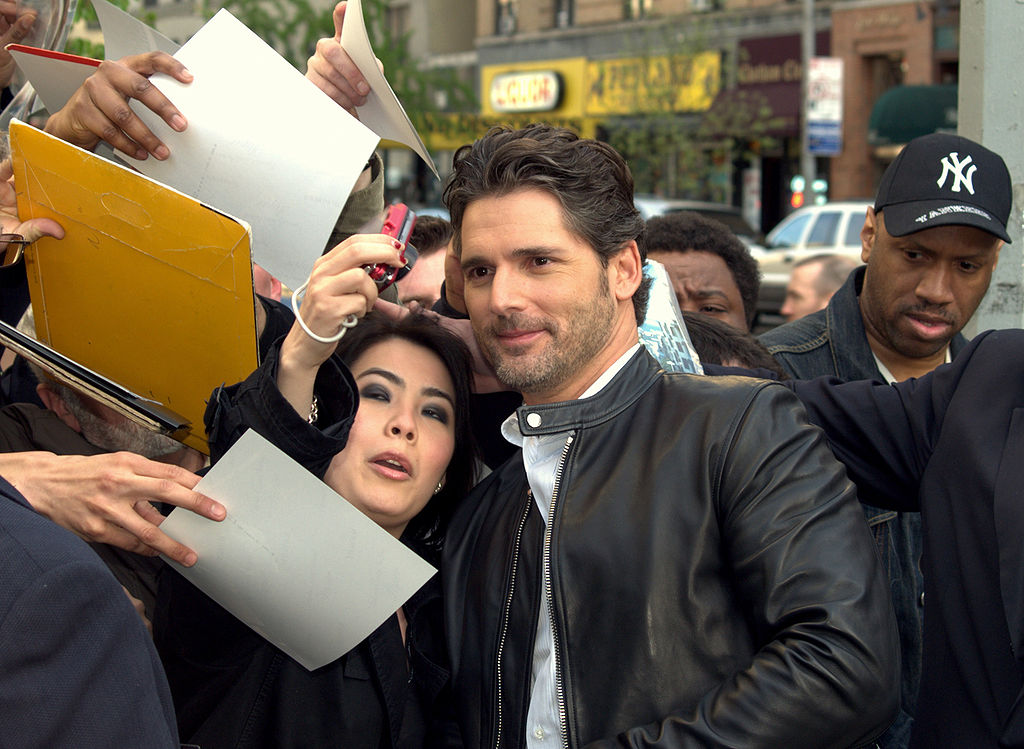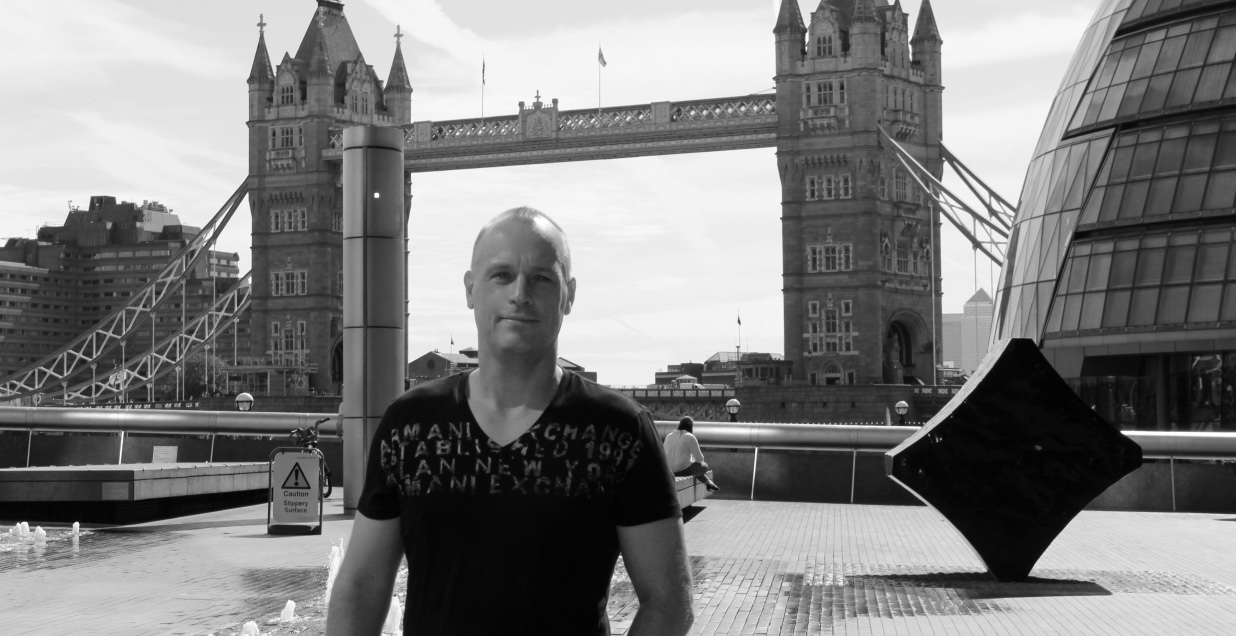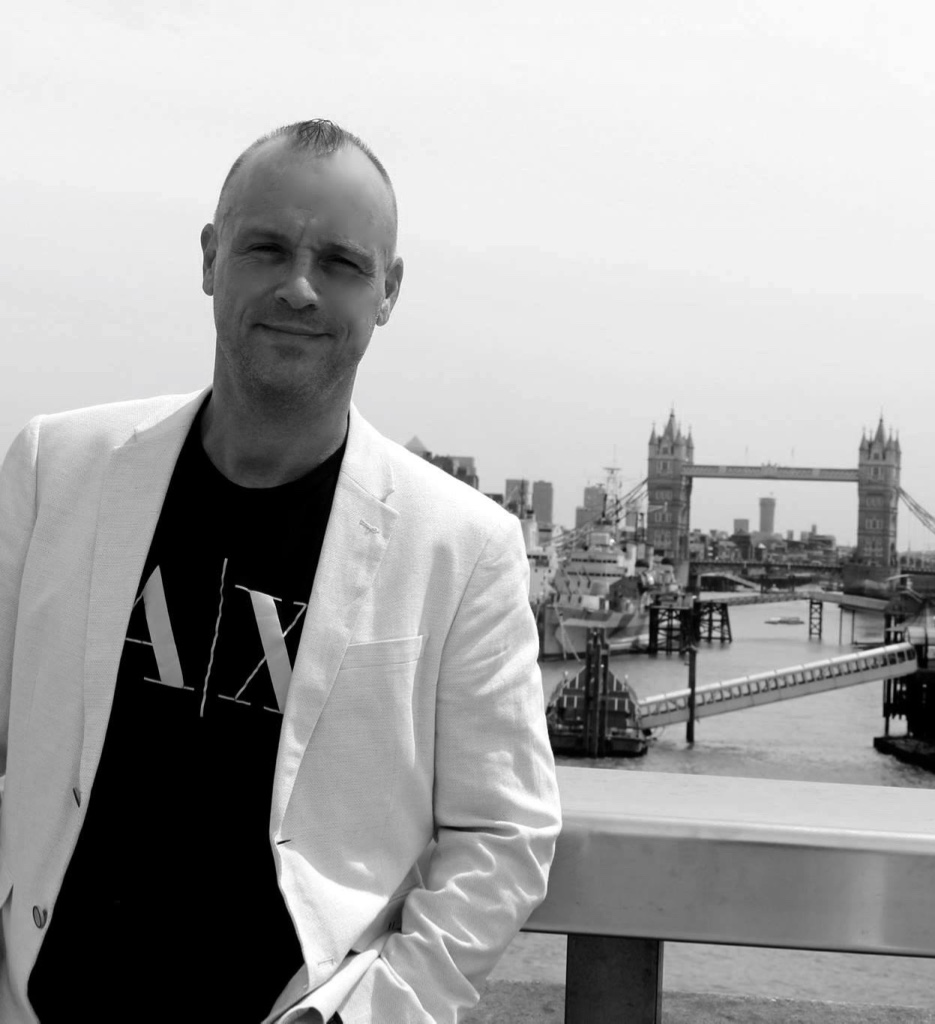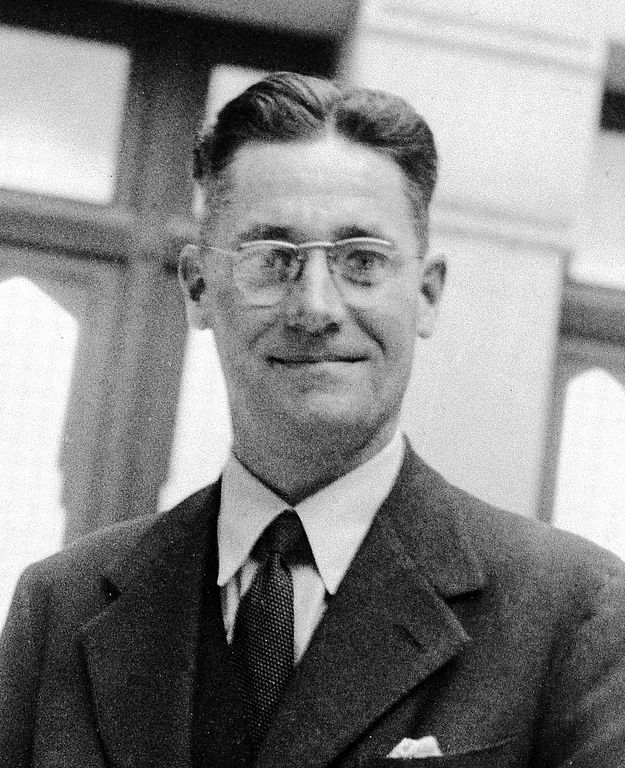
The contribution of Australian scientist Howard Florey
Howard Florey was born in 1898 and died in 1968. He was a famous Australian scientist who specialised in pathology and pharmacology. He famously won the Nobel Prize in Physiology or Medicine in 1945 that was shared with Sir Alexander Fleming and Sir Ernst Chain, for the development of penicillin.
While Fleming has historically gotten most of the fame for penicillin’s discovery, Howard Florey was the person who did all of the first clinical trials. Penicillin was successful in helping a patient recover, but Florey was unable to produce enough penicillin to save the subject’s life. While Fleming discovered penicillin, it is Chain and Florey who actually took the time to develop it into a drug that could be used in a widespread way.
Howard Florey’s work, along with the work of his colleagues, has been estimated as responsible for saving over 200 million lives since. Howard Florey and his colleagues are regarded as some of the greatest figures in the medical and scientific communities in Australia.
Howard Florey was famously regarded as “the most important man ever born in Australia” when it came to “world well-being,” by Australian Prime Minister Robert Menzies.
Howard Florey’s research personnel worked hard to investigate how penicillin could be produced on a large scale. By 1945, penicillin production had become a large-scale industry used by the WW2 Allies. The medical application of penicillin was, according to Howard Florey, always a bonus resulting from his scientific interest in it.
Florey was always humble about his contribution and always reminded those who praised him that it was a team effort to bring the drug to a workable state that it could be used to save lives. He notes that while he is glad to have helped work at ending some of the sufferings of humans, he admits his interest in the drug was always scientific from the start, and that he did not set out to try and save lives.



